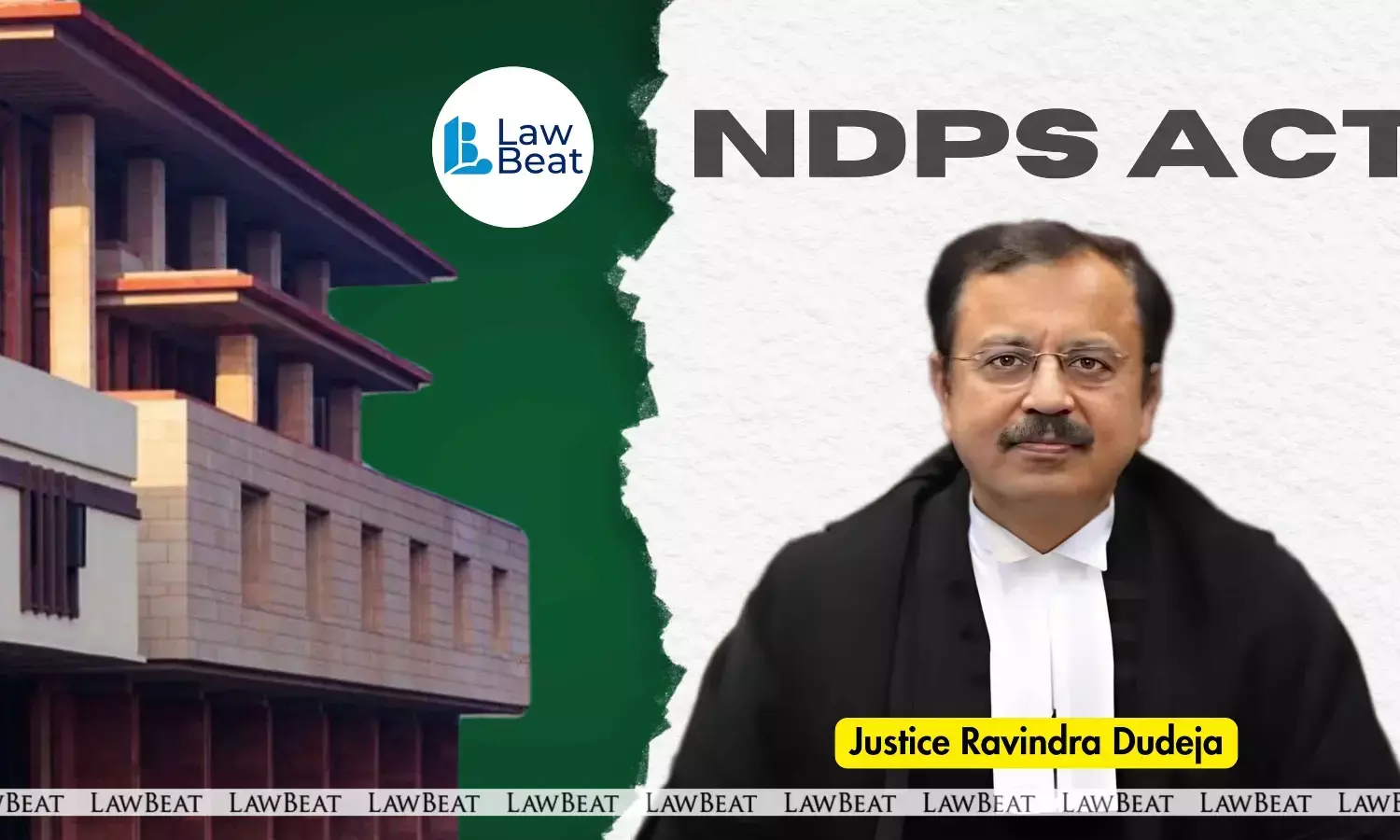Delhi HC Denies Bail In NDPS Case, Stresses Tech Use In Probe

While dealing with a Narcotic Drugs and Psychotropic Substances (NDPS) case, the Delhi High Court has held that the use of technology enhances the efficacy and transparency of investigations and assures fairness.
A bench led by Justice Ravinder Dudeja also asked investigating agencies to use technological means in aid of investigation.
"The use of technology certainly enhances the efficacy and transparency of the police investigation and assures fairness, and therefore, ideally, every effort should be made by the investigating agency to use technological means in aid of investigation," the court held.
The Court was dealing with the regular bail plea of Imran Ali @ Samir, who had been arrested after an FIR was lodged against him under Section 15, 25, 29 of the NDPS Act.
According to the prosecution, the police received secret information that the petitioner, along with co-accused Mohd. Shareef, would bring poppy straw from Alwar, Rajasthan, to Delhi.
Thereafter, their vehicle was intercepted at Punjabi Bagh and upon search, a large quantity of poppy straw was recovered from their possession and various locations linked to them. The total contraband recovered was of commercial quantity.
On the other hand, the petitioner argued that the search and seizure were done after sunset without a proper warrant, in violation of Section 42 NDPS Act. It was further contended that the recovery from the house lacked independent witnesses.
The petitioner had also emphasised that co-accused Mohd. Shareef and Sumit were granted bail by the Coordinate Bench, and therefore, he had sought parity in bail. The petitioner argued that there was procedural irregularity.
Taking note of the submissions of all parties, the court at the outset said that since the vehicle was intercepted in transit, Section 43 would be applicable. While the court acknowledged the absence of public witnesses and videography, it added that the said facts don’t by itself nullify recovery.
"The recovery has been made from a vehicle in transit and after chasing it for some distance. The absence of independent witnesses and the videography at best may be regarded as a key irregularity in a search and that would cast an added duty upon the court to scrutinize the evidence regarding the search more carefully," the court added.
It added that the combined recovery of contraband falls in the category of commercial quantity; therefore, the rigours of Section 37 of the NDPS Act would be attracted in the present case.
Noting that the twin conditions under Section 37 of the NDPS Act for granting bail are not satisfied, the court said, "There is nothing on record at this stage from which it can be inferred that petitioner is not guilty of the offence in question."
With respect to parity with other co-accused, the court asserted that the other two co-accused had been enlarged on bail as their case was different and they weren’t involved in other cases. However, the petitioner in the instant case is also stated to be involved in two more cases under the NDPS Act.
"Therefore, the Court is not satisfied that the petitioner is not likely to commit an offence while on bail. Hence, petitioner is not entitled for grant of bail on parity," the court ruled.
Accordingly, the Court dismissed the bail application.
Case Title: IMRAN ALI @ SAMIR versus THE STATE NCT OF DELHI
